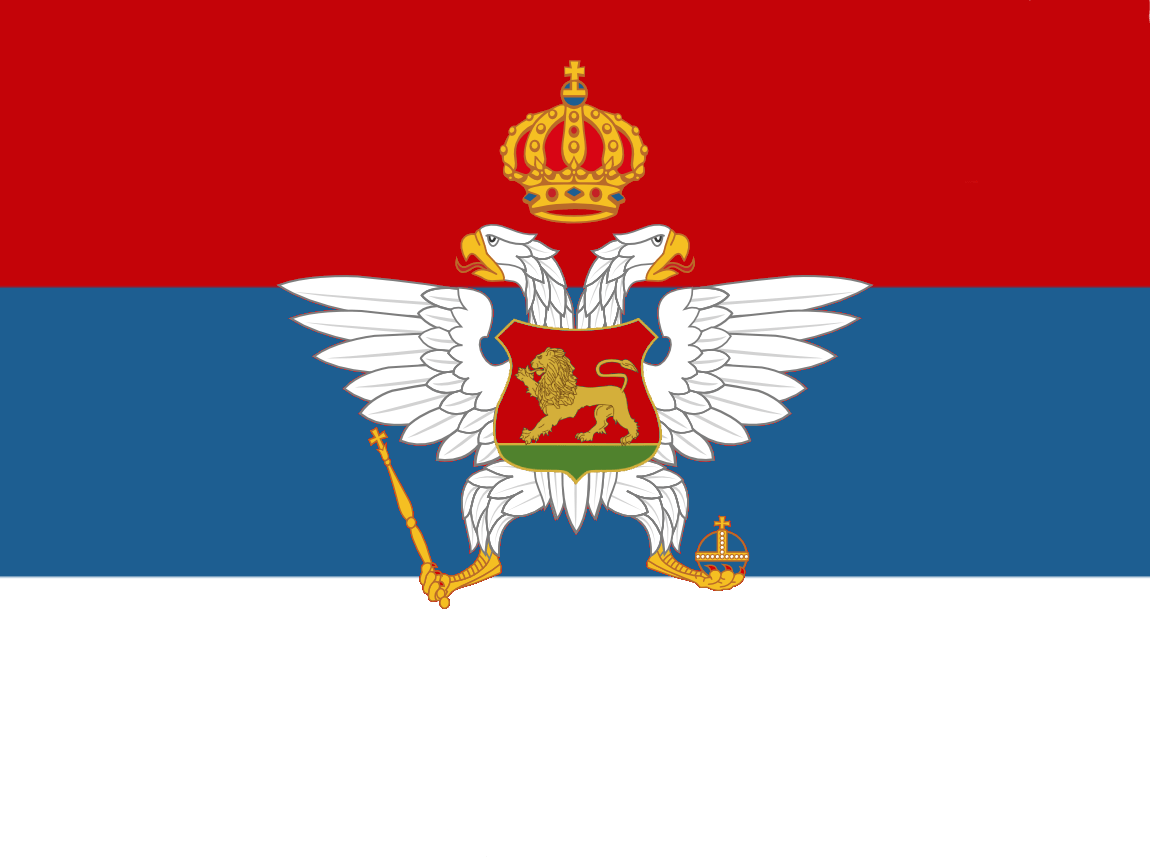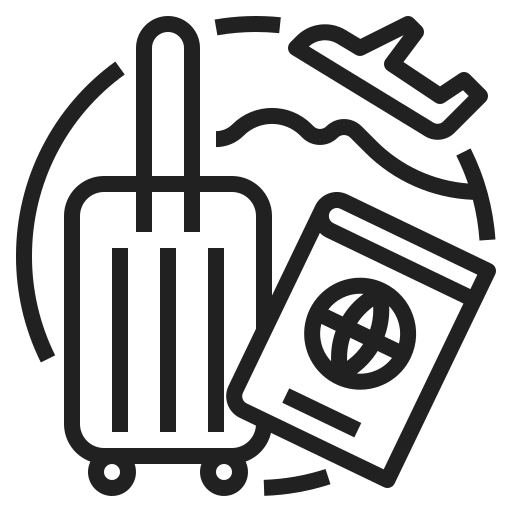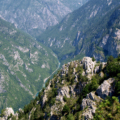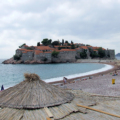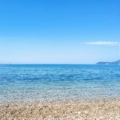If you’re thinking about traveling to Montenegro, it’s super important to know what languages are spoken there and how well English is understood. But don’t worry, we’ve got your back! In this blog post, we’ll take you through the different languages spoken in Montenegro and give you some helpful tips if you’re an English speaker. So, let’s get started!
Official Languages of Montenegro
Montenegrin, Serbian, Bosnian, and Albanian are the official languages of Montenegro. Montenegrin is the most widely spoken language and is the official language of the country. It’s closely related to Serbian, Bosnian, and Croatian, and they are all mutually intelligible. Albanian is the second most widely spoken language in Montenegro, particularly in the regions where Albanians live.
Read Also: Montenegro vs Bosnia for your next holiday
Minority Languages in Montenegro
In addition to the official languages, there are several minority languages spoken in Montenegro. These include Croatian, Romani, Macedonian, and Italian. Croatian is spoken by the Croatian minority in Montenegro, while Romani is spoken by the Romani people. Macedonian is spoken by the Macedonian minority, and Italian is spoken by some people in the coastal regions of Montenegro.
Language Usage and Distribution in Montenegro
The distribution of languages in Montenegro varies depending on the region. Montenegrin is the most widely spoken language in the country, followed by Serbian and Albanian. In the southern regions of Montenegro, Albanian is more commonly spoken, while in the northern regions, Serbian is more commonly spoken. English is not an official language in Montenegro, but it is widely understood, particularly among younger generations and those in the tourism industry.
| Language | Percentage of Speakers |
|---|---|
| Montenegrin | 42.88% |
| Serbian | 37.71% |
| Albanian | 5.25% |
| Bosnian | 5.03% |
| Croatian | 1.67% |
| Romani | 1.41% |
| Macedonian | 0.51% |
| Italian | 0.29% |
Useful Phrases for Tourists in Montenegro
If you’re an English-speaking tourist in Montenegro, learning some basic Montenegrin phrases can really improve your interactions with the locals and make your trip even more enjoyable. Check out these 10 useful phrases to get you started:
| English | Montenegrin | Pronunciation |
|---|---|---|
| Hello | Zdravo | ZDRAH-voh |
| Goodbye | Doviđenja | DOH-vee-jen-ya |
| Thank you | Hvala | HVAA-lah |
| Please | Molim | MOH-leem |
| Excuse me | Izvinite | EEZ-vee-nee-teh |
| Yes | Da | DAH |
| No | Ne | NEH |
| I don’t speak Montenegrin | Ne govorim crnogorski jezik | NEH goh-voh-reem tsrn-oh-gohr-skee yeh-zik |
| How much does it cost? | Koliko košta? | KOH-lee-koh KOHSH-tah |
| Where is the bathroom? | Gdje je WC? | gd-yeh yeh vey-tseh |
These phrases should be enough to help you get by in most situations. Of course, you can always learn more phrases or words that are specific to your interests or needs.
Tips for English-Speaking Tourists
If you’re an English-speaking tourist visiting Montenegro, here are some tips to help you navigate language barriers and communicate effectively with locals:
- Learn some basic Montenegrin phrases before your trip.
- Be respectful of local customs and cultural differences.
- Use simple words and gestures to get your message across when communicating with locals
- Address people with their titles or last names, especially if they are older or in a position of authority.
- In tourist areas, you can usually find people who speak English, so don’t hesitate to ask for help or directions.
Conclusion
In summary, Montenegro is a country with a rich linguistic and cultural diversity. Montenegrin, Serbian, Bosnian, and Albanian are the official languages of the country, and there are several minority languages spoken as well. While English is not an official language, it is widely understood, particularly in tourist areas.
By learning some basic phrases and being respectful of local customs, English-speaking tourists can easily navigate language barriers and enjoy all that Montenegro has to offer. Learning a few phrases in Montenegrin can make a big difference in your interactions with locals and help you make the most of your trip to Montenegro.
So, whether you’re exploring the stunning landscapes of Durmitor National Park, relaxing on the beaches of Budva, or visiting the historic old town of Kotor, take the time to learn a few phrases in Montenegrin, and you’ll be sure to have a more enriching travel experience.

